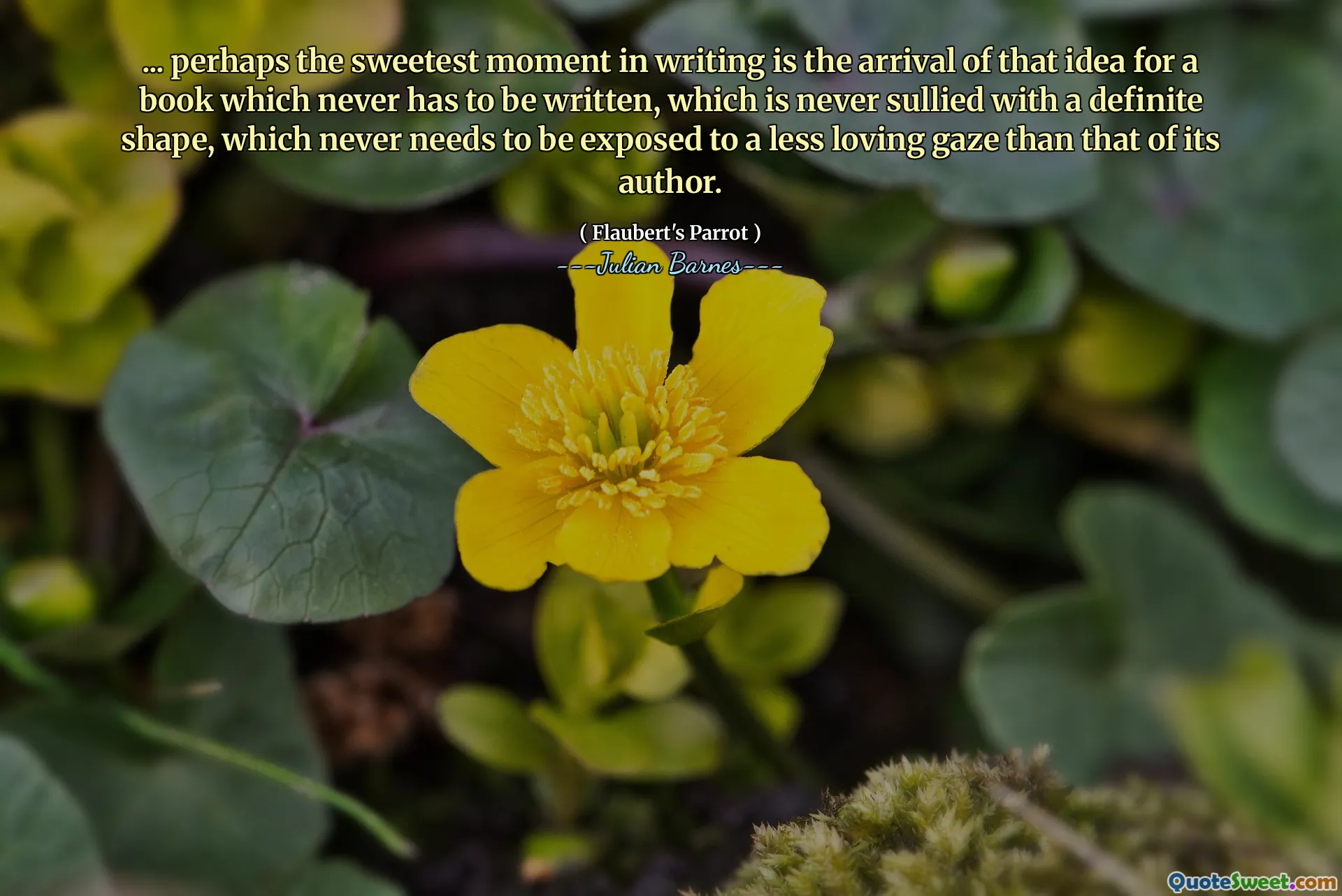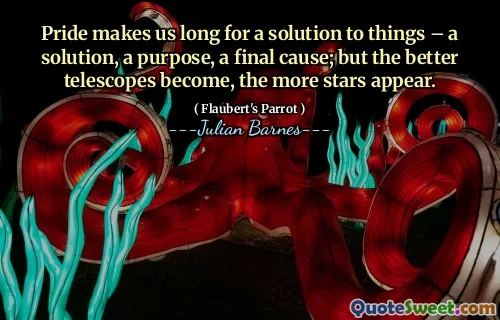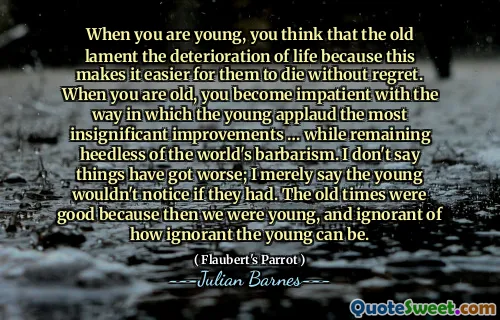
... perhaps the sweetest moment in writing is the arrival of that idea for a book which never has to be written, which is never sullied with a definite shape, which never needs to be exposed to a less loving gaze than that of its author.
This quote captures a profound and somewhat paradoxical truth about the creative process, especially when it comes to writing. It highlights the delicate beauty found in the inception of an idea—the pure, untainted moment when a concept emerges fully formed and perfect in the author's mind. This moment, the "sweetest" according to the passage, is marked by the fact that the idea remains untouched by the demands and compromises of actual execution. Because the book is never written, it never risks losing its idealized form, remaining unharmed by the limitations of language, structure, or audience scrutiny.
This observation speaks to the vulnerability and imperfection inherent in any act of creation. Once an idea leaves the realm of imagination and becomes tangible, it must endure the challenges of drafting, editing, and reception. Each stage introduces potential distortions that may tarnish the original vision. Yet, in that initial moment, the idea is a private treasure, guarded from the "less loving gaze"—perhaps self-criticism, external judgment, or simply the harsh realities of publishing.
Moreover, this quote invites reflection on the complex emotions writers experience. While the act of creation is fulfilling, it can also lead to anxiety and loss as the imagined ideal gives way to real imperfections. It suggests an appreciation for the intangible and ephemeral beauty of thoughts that remain merely ideas—untouched, perfect, and treasured in solitude.
Ultimately, it celebrates the mysterious alchemy of inspiration and the bittersweet nature of artistic creation, reminding us that some treasures are meant to remain private and pristine, safeguarded from the compromises that come with manifestation.









